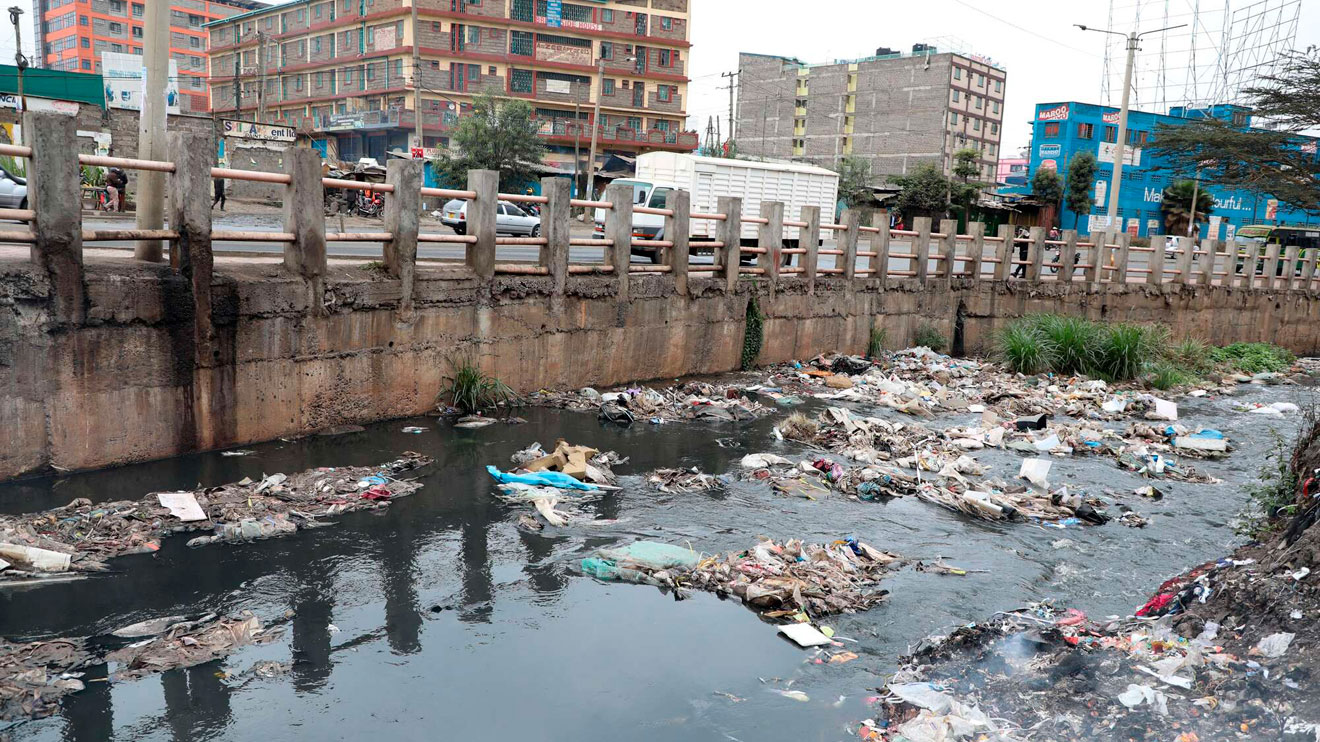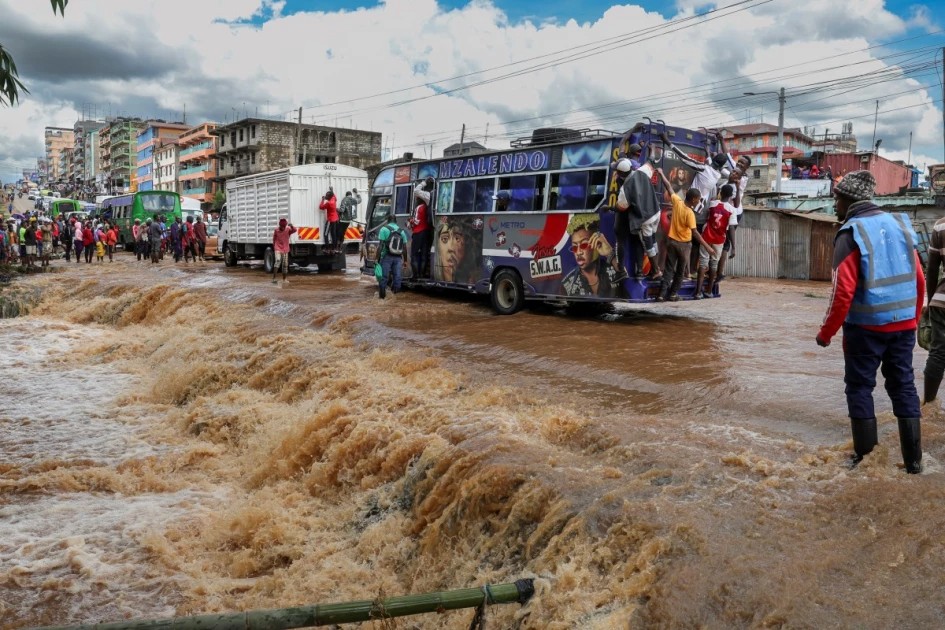- To ensure the sustainability of urban river restoration, NEMA is engaging all stakeholders, including industries, under the Extended Producer Responsibility (EPR) framework. The long-awaited regulations for this framework are set to be gazetted by the Ministry this week.
In an effort to combat the escalating issue of environmental pollution across Kenya, particularly in urban rivers, the National Environment Management Authority (NEMA) has identified industries as significant contributors to the problem, alongside sewage and waste collection companies.
The initiative begins with the ongoing restoration of the heavily polluted 47-kilometer Nairobi river's ecosystem, part of the flagship Climate Worx Mtaani project. The Government plans to progressively extend these cleanup efforts to other cities and major towns throughout the country.
To ensure the sustainability of urban river restoration, NEMA is engaging all stakeholders, including industries, under the Extended Producer Responsibility (EPR) framework. The long-awaited regulations for this framework are set to be gazetted by the Ministry this week.
So far, NEMA has issued environmental restoration orders to 145 industries whose products and effluent discharges have significantly contributed to the pollution of Nairobi's rivers.
"We can leverage Extended Producer Responsibility to clean up the environment, particularly the Nairobi Rivers," said Mamo B. Mamo, EBS, during a consultative meeting with industry leaders on EPR. "Citizen responsibility is also crucial to maintaining a clean and healthy environment."
Read More
In a message to industry leaders, Hon. Aden Duale, Cabinet Secretary for Environment, Climate Change and Forestry emphasized the importance of rethinking product safety. "If a product continues to cause pollution, it may lead to discussions about banning that product or its packaging," he stated. "EPR requires you to critically evaluate the products you introduce into the Kenyan market to ensure they are safe."






